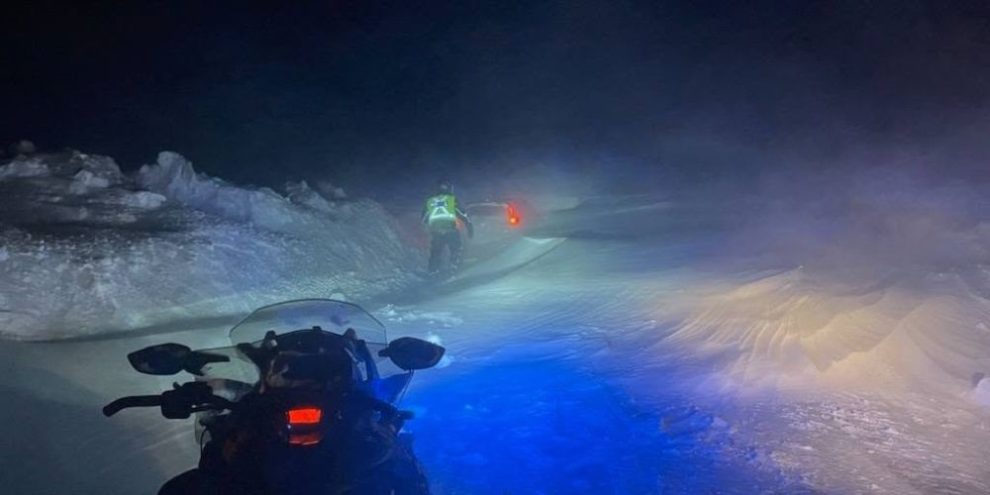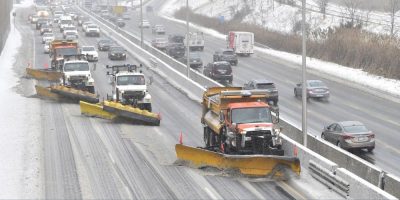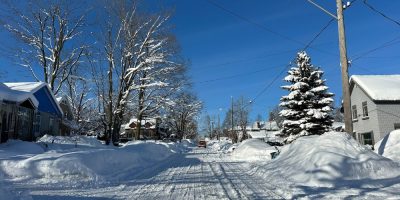
With the official start of winter still weeks away, talk of a potential early-season polar vortex has many residents wondering whether to brace for a repeat of the brutal cold snaps of a decade ago. But according to climatologist David Phillips, while there are signs worth watching, it’s far too early for panic.
Phillips says the term “polar vortex” is often misunderstood — and overused.
“Every time you get a cold wave in the Barrie–Lake Simcoe area, it doesn’t mean it’s the polar vortex,” he told Barrie 360. Cold air can spill south from several regions — Alaska, Siberia, Nunavut — without any involvement from the vortex.
The real concern is when the vortex itself weakens. Normally, it’s a stable mass of frigid air high above the North Pole, spinning “like a child’s top,” with strong winds locking it in place. But when those upper-level winds falter or when the stratosphere warms, “it’s like poking the bear,” he explained. The vortex can wobble, slip off the pole, and drift southward — sometimes as far as the southern United States — dragging extreme cold with it.
Past episodes have been severe. “11 or 12 years ago, we had 27 days below minus 20,” he noted. “Last year, we only had four.”
So is that what’s coming now?
Not necessarily.
While meteorologists are watching unusual early-season signals — the earliest such discussion in about 70 years — Phillips stresses this one does not look like a worst-case scenario. “I wouldn’t bet the family farm on the fact that we’re going to get the polar vortex this year,” he said.
For the next week, residents can expect a gradual cool-down rather than a dramatic plunge. Temperatures should slip closer to seasonal norms after an unusually warm fall, though lake-effect snow remains a wildcard while lake waters are still warm. In fact, there's potential for up to 30 centimetres of snow in parts of Simcoe County in the coming days; up to 50 centimetres for areas between Kitchener and Kincardine.
Longer term, a combination of La Niña conditions, lingering heat in the Great Lakes, and climate-change-driven variability make predictions murky.
Still, Phillips emphasizes that while winter is inevitable, panic is not necessary. “It shouldn’t ruin your life. There are other things to worry about besides the polar vortex,” he said, adding that preparing simply means having warm clothing ready and taking basic home-maintenance precautions.
As always with Canadian winter weather, the only certainty is unpredictability — no one needs to hide under the bed just yet.





